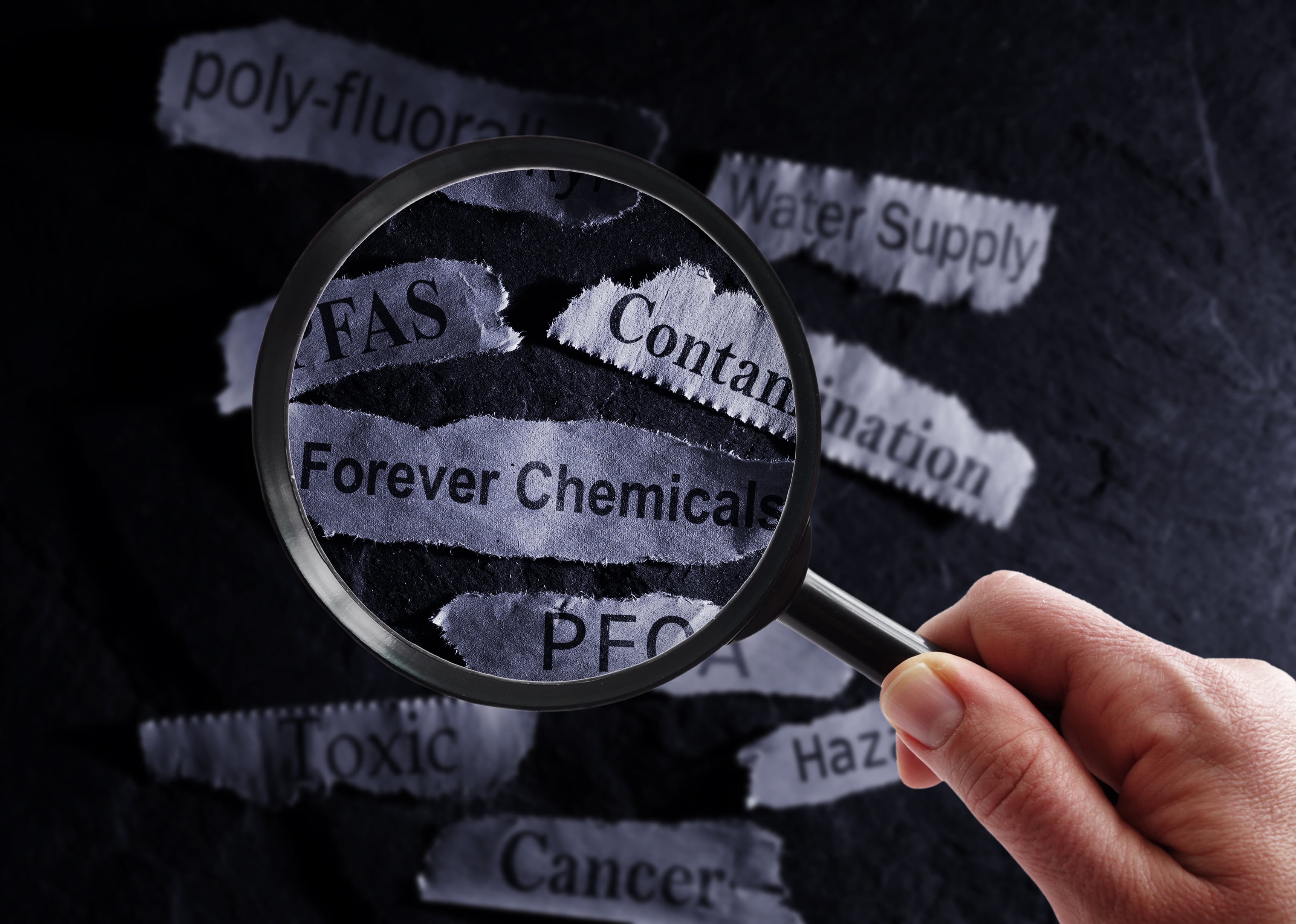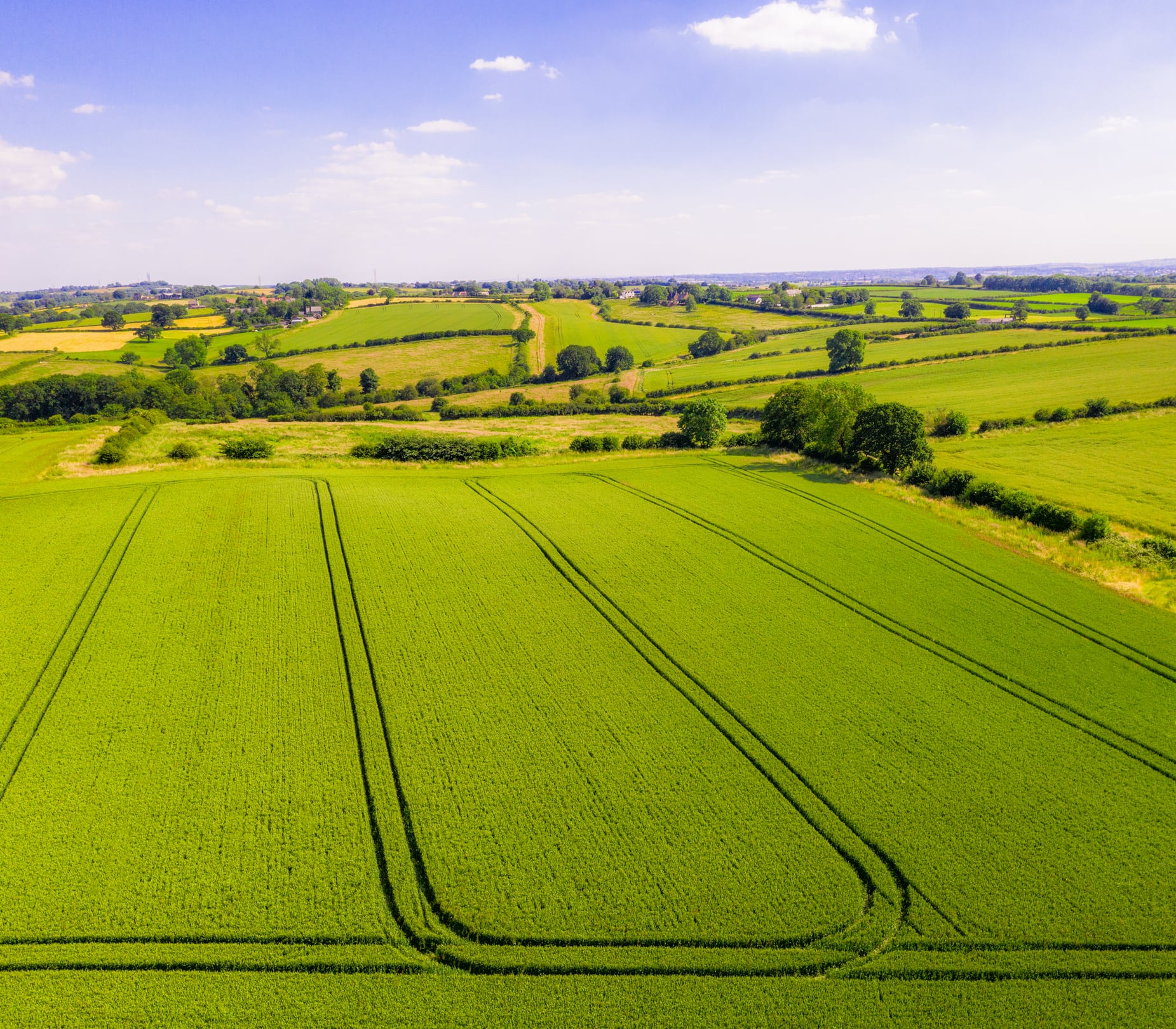This PFAS-free certification is the first of its kind and has been awarded to Rocol for four of its products within its Foodlube range.
The certification, which can only be issued by NSF, was launched earlier this year and marks a major milestone in food safety and environmental responsibility.
According to Rocol, the company chose to first test the most widely used lubricants in the Foodlube range; Foodlube Premier 1, Foodlube Universal 2, Foodlube WD Spray, and Foodlube Chain Spray products.
The testing included in-depth analysis of raw materials, formulation transparency, and robust supply chain auditing.
Rocol is currently working with NSF to test a further 25 Foodlube products in its range for the NSF 537 certification, which it hopes to receive later this year.
What is PFAS and why is this important?
PFAS, often referred to as ‘forever chemicals’, are used in a number of industries including electronics, aerospace, automotive and construction. Over time these chemicals may leak into the soil, water and air.
They have come under scrutiny in recent years due to growing concerns over their persistence in the environment and their possible health impacts, with people likely to consume them through contaminated water and food.
Number of UK rivers contaminated
A study from the University of York and environmental charity, Fidra, recently uncovered very high levels of Trifluoroacetic acid (TFA) - one of many PFAS chemicals we know about - in UK rivers.
According to the researchers, TFA was found in 98% of the 54 sampling sites across the UK, outlining the extent of pollution in the UK’s freshwater systems.
TFA has also recently been discovered in newer wines, with scientists finding it in 39 recent wines originating from 10 European countries.
The news of its certification follows Rocol becoming the first lubricant company to remove PFAS from an entire product range last April, which reduces roughly 425kg from polluting the environment every year.
By eliminating substances from its Foodlube products, Rocol says it is helping food manufacturers across the food industry to meet increasingly strict safety standards while also reducing environmental impact.
Its Foodlube range also has other certification including ISO 21469 and is registered NSF H1.
‘I urge others to follow’
Jess Baker, senior scientist at Rocol, who also worked with NSF on the testing for the new certification, said: “NSF’s new PFAS certification is a significant step forward for the food industry, and we’re proud to have helped bring it to life. Being the first to receive this certification reflects our commitment to both our customers and the planet, setting a new industry benchmark.
“I would urge others in the industry to follow suit and get their products certified. The NSF team were incredibly supportive throughout the process, and collective action is essential to tackling the issue of forever chemicals.”
Sam Cole, director of food contact evaluations at NSF, added: “NSF’s certification marks are known around the world for representing validated food safety. By achieving this independent certification, Rocol is able to reduce human exposure to PFAS while further demonstrating the food safety and sustainability of its product.”





